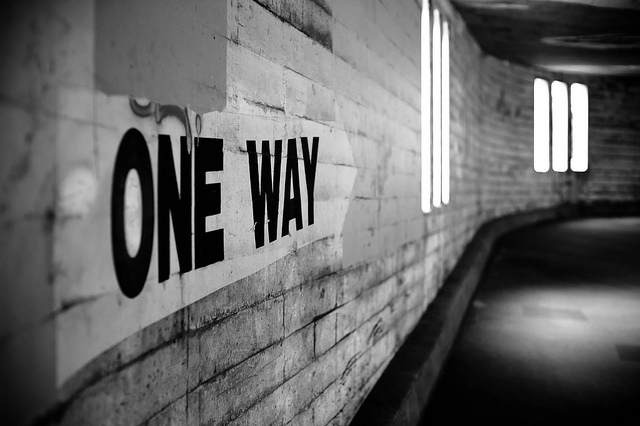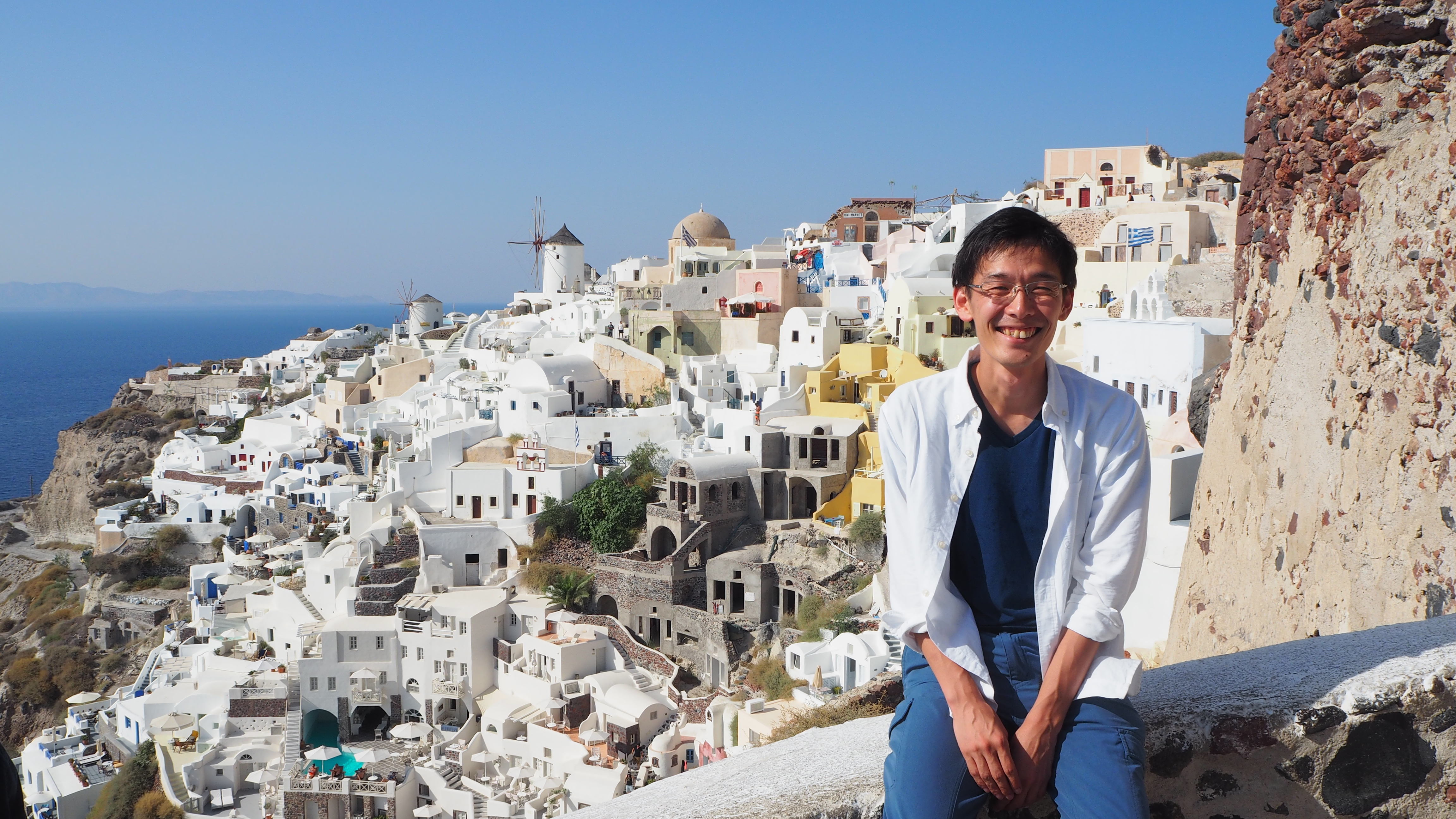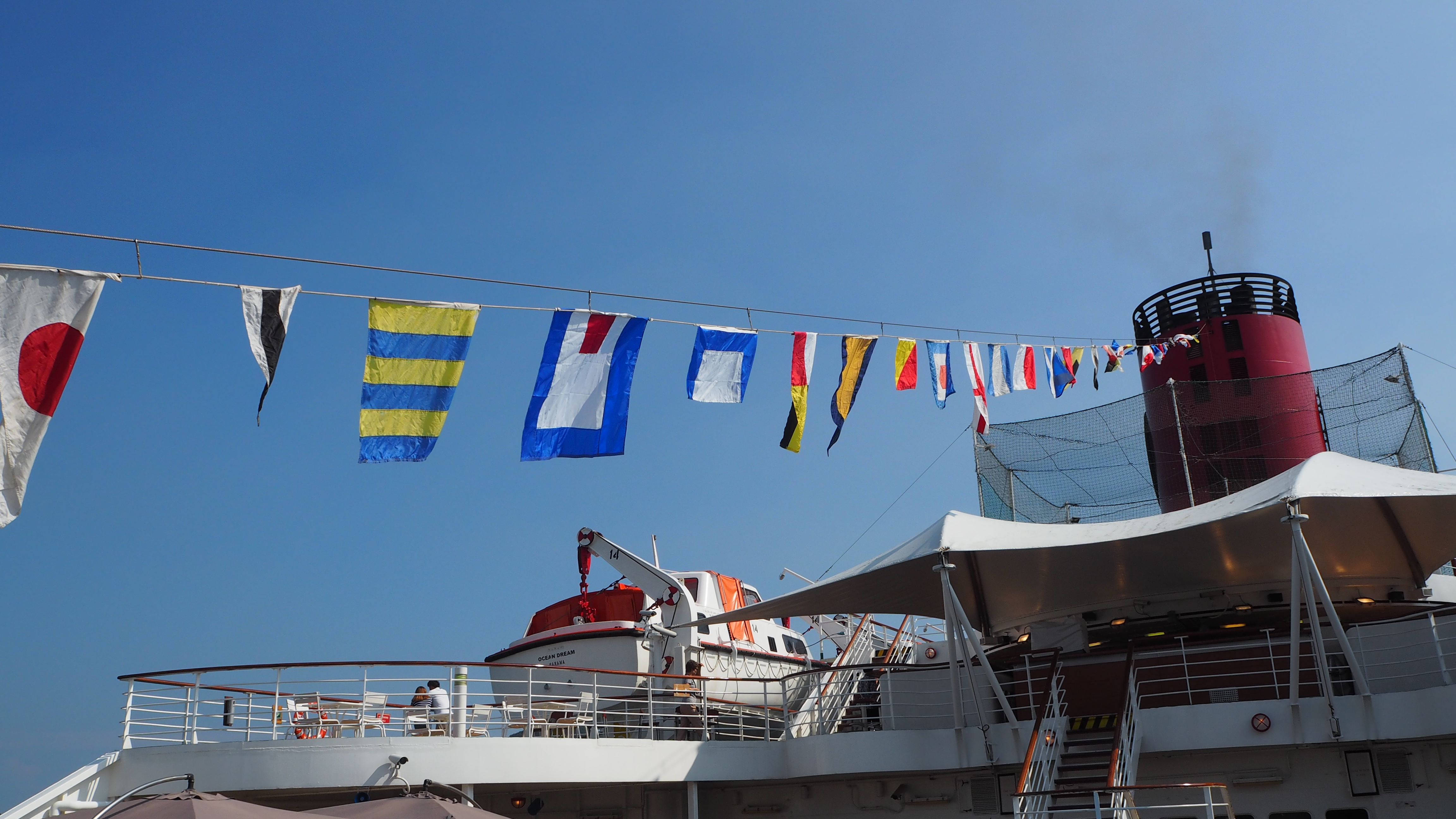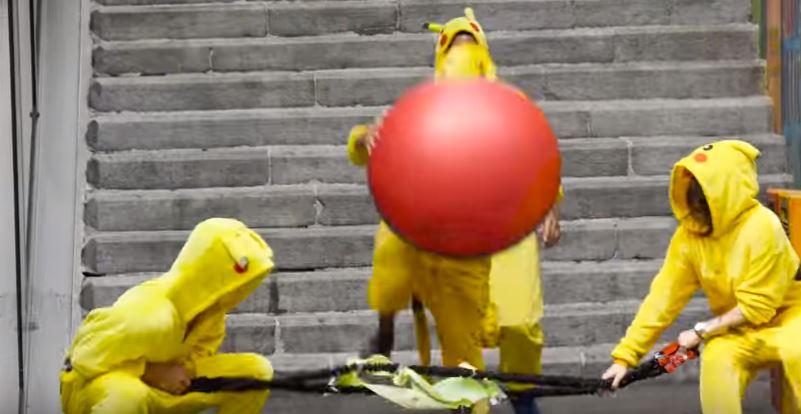ちょっと最近気になって、久しぶりに探しなおしてみた、
エルサレムでの、村上春樹のスピーチ。
“Allways on the side of egg(私は常に卵の側に立つ)”。
ガザ地区での戦闘への反対の立場から、
周囲の人が反対する中、彼はエルサレムに行って、
物書きの立場から、こんなメッセージを伝えます。
今の日本でおきていることにも当てはまるものを感じます。
英語原文の下に、日本語訳をコピペします。
ソース:
原文:http://www.haaretz.com/life/arts-leisure/always-on-the-side-of-the-egg-1.270371
日本語訳:
http://kakiokosi.com/2012/04/%E6%9D%91%E4%B8%8A%E6%98%A5%E6%A8%B9%E3%82%A8%E3%83%AB%E3%82%B5%E3%83%AC%E3%83%A0%E5%8F%97%E8%B3%9E%E3%82%B9%E3%83%94%E3%83%BC%E3%83%81/
I have come to Jerusalem today as a novelist,
which is to say as a professional spinner of lies.
Of course, novelists are not the only ones who tell lies.
Politicians do it, too, as we all know.
Diplomats and military men tell their own kinds of lies on occasion,
as do used car salesmen, butchers and builders.
The lies of novelists differ from others,
however, in that no one criticizes the novelist as immoral for telling them.
Indeed, the bigger and better his lies and the more ingeniously he creates them,
the more he is likely to be praised by the public and the critics.
Why should that be?
My answer would be this:
Namely, that by telling skillful lies
– which is to say, by making up fictions that appear to be true –
the novelist can bring a truth out to a new location and shine a new light on it.
In most cases, it is virtually impossible to grasp a truth in its original form
and depict it accurately.
This is why we try to grab its tail by luring the truth from its hiding place,
transferring it to a fictional location,
and replacing it with a fictional form.
In order to accomplish this, however,
we first have to clarify where the truth lies within us.
This is an important qualification for making up good lies.
Today, however, I have no intention of lying.
I will try to be as honest as I can.
There are a few days in the year when I do not engage in telling lies,
and today happens to be one of them.
So let me tell you the truth.
A fair number of people advised me not to come here to accept the Jerusalem Prize.
Some even warned me they would instigate a boycott of my books if I came.
The reason for this, of course, was the fierce battle that was raging in Gaza.
The UN reported that more than a thousand people had lost their lives
in the blockaded Gaza City, many of them unarmed citizens – children and old people.
Any number of times after receiving notice of the award,
I asked myself whether traveling to Israel at a time like this and
accepting a literary prize was the proper thing to do,
whether this would create the impression that I supported one side in the conflict,
that I endorsed the policies of a nation that chose
to unleash its overwhelming military power.
This is an impression, of course, that I would not wish to give.
I do not approve of any war, and I do not support any nation.
Neither, of course, do I wish to see my books subjected to a boycott.
Finally, however, after careful consideration, I made up my mind to come here.
One reason for my decision was that all too many people advised me not to do it.
Perhaps, like many other novelists,
I tend to do the exact opposite of what I am told.
If people are telling me – and especially if they are warning me –
“don’t go there,” “don’t do that,” I tend to want to “go there” and “do that.”
It’s in my nature, you might say, as a novelist.
Novelists are a special breed.
They cannot genuinely trust anything they have not seen with their own eyes
or touched with their own hands.
And that is why I am here.
I chose to come here rather than stay away.
I chose to see for myself rather than not to see.
I chose to speak to you rather than to say nothing.
This is not to say that I am here to deliver a political message.
To make judgments about right and wrong is one of the novelist’s most important duties, of course.
It is left to each writer, however, to decide upon the form
in which he or she will convey those judgments to others.
I myself prefer to transform them into stories
– stories that tend toward the surreal.
Which is why I do not intend to stand before you today
delivering a direct political message.
Please do, however, allow me to deliver one very personal message.
It is something that I always keep in mind while I am writing fiction.
I have never gone so far as to write it on a piece of paper and paste it to the wall:
Rather, it is carved into the wall of my mind, and it goes something like this:
“Between a high, solid wall and an egg that breaks against it,
I will always stand on the side of the egg.”
Yes, no matter how right the wall may be and how wrong the egg,
I will stand with the egg.
Someone else will have to decide what is right and what is wrong;
perhaps time or history will decide.
If there were a novelist who, for whatever reason,
wrote works standing with the wall, of what value would such works be?
What is the meaning of this metaphor?
In some cases, it is all too simple and clear.
Bombers and tanks and rockets and white phosphorus shells are that high,
solid wall. The eggs are the unarmed civilians who are crushed
and burned and shot by them.
This is one meaning of the metaphor.
This is not all, though. It carries a deeper meaning.
Think of it this way. Each of us is, more or less, an egg.
Each of us is a unique, irreplaceable soul enclosed in a fragile shell.
This is true of me, and it is true of each of you.
And each of us, to a greater or lesser degree, is confronting a high, solid wall.
The wall has a name: It is The System. The System is supposed to protect us,
but sometimes it takes on a life of its own,
and then it begins to kill us and cause us to kill others
– coldly, efficiently, systematically.
I have only one reason to write novels,
and that is to bring the dignity of the individual soul to the surface
and shine a light upon it.
The purpose of a story is to sound an alarm,
to keep a light trained on The System in order to prevent it from tangling our souls
in its web and demeaning them.
I fully believe it is the novelist’s job to keep trying to clarify the uniqueness
of each individual soul by writing stories
– stories of life and death, stories of love,
stories that make people cry and quake with fear and shake with laughter.
This is why we go on, day after day, concocting fictions with utter seriousness.
My father died last year at the age of 90.
He was a retired teacher and a part-time Buddhist priest.
When he was in graduate school,
he was drafted into the army and sent to fight in China.
As a child born after the war,
I used to see him every morning before breakfast offering up long,
deeply-felt prayers at the Buddhist altar in our house.
One time I asked him why he did this,
and he told me he was praying for the people who had died in the war.
He was praying for all the people who died,
he said, both ally and enemy alike.
Staring at his back as he knelt at the altar,
I seemed to feel the shadow of death hovering around him.
My father died, and with him he took his memories, memories that I can never know. But the presence of death that lurked about him remains in my own memory.
It is one of the few things I carry on from him, and one of the most important.
I have only one thing I hope to convey to you today.
We are all human beings, individuals transcending nationality and race and religion, fragile eggs faced with a solid wall called The System.
To all appearances, we have no hope of winning.
The wall is too high, too strong- and too cold.
If we have any hope of victory at all,
it will have to come from our believing in the utter uniqueness
and irreplaceability of our own and others’ souls and from the warmth we gain
by joining souls together.
Take a moment to think about this.
Each of us possesses a tangible, living soul. The System has no such thing.
We must not allow The System to exploit us.
We must not allow The System to take on a life of its own.
The System did not make us: We made The System.
That is all I have to say to you.
I am grateful to have been awarded the Jerusalem Prize.
I am grateful that my books are being read by people in many parts of the world.
And I am glad to have had the opportunity to speak to you here today.
***
私は今日、作家として、言わばプロの嘘の紡ぎ手として、イスラエルまでやってきました。
もちろん、作家以外にも嘘をつく人種はいます。皆さんご存知のように政治家も嘘をつきます。
外交官や軍人も、場合によっては外交官の嘘、軍人の嘘をつきますし、
中古車のセールスマンや肉屋や大工だって同じです。
しかし、作家の嘘には他の人々の嘘とは違う点があります。
作家は嘘をついたからといって不謹慎であると批判されることはありません。
むしろ、嘘が大きくて巧みであればあるほど、そしてそれが独創的であるほど、
人々や批評家から賞賛されるのです。
何故でしょうか?
私の答えはこのようなものです。
すなわち、巧みな嘘をつくこと、言い換えれば真実味のあるフィクションを構築することによって、
作家は真実を別の場所に晒し、新しい光を当てることができるのです。
ほとんどの場合、真実をそのままの形で把握し、正確に描写することは不可能です。
だから、真実が潜んでいるところからおびき出して、
フィクションの次元に移し、フィクションの形を与えることで、その尻尾を掴もうとするわけです。
しかし、これを成し遂げるためには、まず、我々自身の中の真実がどこにあるのかを
はっきりさせておかなければなりません。
これは巧みな嘘を作り上げる上で重要な条件です。
しかし、本日、私は嘘を言うつもりはありません。
できるだけ正直になろうと思います。
私が嘘紡ぎにいそしまない日は年に数日しかないのですが、
今日はたまたまその一日だったということです。
というわけで、率直に言います。
たいそうな数の人々からエルサレム賞を受け取るためにここに来るべきではないと忠告されました。
中には、私がここに来たら私の本の不買運動を展開するとまで警告した人々もいました。
理由はもちろん、ガザで起こっている激しい戦闘です。
国連のレポートによれば、1000人以上の人が封鎖されたガザ市で命を落としています。
その多くは非武装の市民-老人や子供たちです。
賞についての話が出るたびに、私は自問しました。
このような時期にイスラエルを訪れ、文学賞を受賞することは適切なのだろうか?
これが、紛争の一方の側に味方する印象を造らないだろうか?
圧倒的な武力を解き放つ選択をするという政策を支持することにならないだろうか?
もちろん、このような印象を与えたいとは思いません。
私はいかなる戦争も反対ですし、いかなる国も支持しません。
また、同じように自分の著作がボイコットされるのも本意ではありません。
しかし、じっくり考えた末に、結局は来ることにしたのです。
こう決心した理由の一つは、あまりにも多くの人に来るなといわれたことでした。
恐らく、多くの作家がそうだと思いますが、
私は他人に言われたことと反対のことをする傾向があるのです。
もし人々に「行くな」とか「するな」と言われたら-特に、脅されたら-私は行きたくなるししたくなる。
これは、私の、言うなれば、作家としての習性なのです。
作家とは特異な人種です。
作家は自身の目で見、自身の手で触れたもの以外を完全に信用することができません。
だから私はここにいるのです。留まることよりもここに来ることを選びました。
見ないことよりも自身の目で見ることを選びました。
口を塞ぐことよりも、ここで話すことを選びました。
それは、私がここに政治的なメッセージを運んできたということではありません。
物事の善悪を判断することは作家の最も重要な仕事であることはもちろんです。
しかし、そうした判断を他人にどのような形で伝達するかという決定は
個々の作家にゆだねられています。
私自身はそれを物語の形にーそれも、シュールな物語に変換するのを好みます。
だから本日、皆さんの前に立っても政治的なメッセージを直接伝えようとは思わないのです。
が、ここで、一つ非常に個人的なメッセージを述べさせて下さい。
それは、私がフィクションを書くときに常に心がけていることです。
(座右の銘として)紙に書いて壁に貼っておくという程度ではなく、
私の魂の壁に刻み付けてあるものなのです。それは、こういうことです。
もし、硬くて高い壁と、そこに叩きつけられている卵があったなら、私は常に卵の側に立つ。
そう、いかに壁が正しく卵が間違っていたとしても、私は卵の側に立ちます。
何が正しくて何が間違っているのか、それは他の誰かが決めなければならないことかもしれないし、
恐らくは時間とか歴史といったものが決めるものでしょう。
しかし、いかなる理由であれ、壁の側に立つような作家の作品にどのような価値があるのでしょうか。
このメタファーの意味は何か?時には非常にシンプルで明瞭です。
爆撃機や戦車やロケット、白リン弾が高くて硬い壁です。
それらに蹂躙され、焼かれ、撃たれる非武装の市民が卵です。
これがこのメタファーの一つの意味です。
しかし、それが全てではありません。もっと深い意味を含んでいます。
こう考えてみてください。多かれ少なかれ、我々はみな卵なのです。
唯一無二でかけがいのない魂を壊れやすい殻の中に宿した卵なのです。
それが私の本質であり、皆さんの本質なのです。
そして、大なり小なり、我々はみな、誰もが高くて硬い壁に立ち向かっています。
その高い壁の名は、システムです。
本来なら我々を守るはずのシステムは、時に生命を得て、我々の命を奪い、
我々に他人の命を奪わせるのです-冷たく、効率的に、システマティックに。
私が小説を書く理由は一つしかありません。
それは、個々の魂の尊厳を浮き彫りにし、光を当てるためなのです。
物語の目的は警鐘を鳴らすことです。
システムが我々の魂をそのくもの糸の中に絡めとり、貶めるのを防ぐために、
システムに常に目を光らせているように。
私は、物語を通じて人々の魂がかけがえのないものであることを示し続けることが
作家の義務であることを信じて疑いません
-生と死の物語、愛の物語、人々が涙し、恐怖に震え、腹を抱えて笑う物語を通じて。
これこそが、我々が日々、大真面目にフィクションをでっち上げている理由なのです。
私の父は昨年90歳で亡くなりました。
彼は引退した教師で、パートのお坊さんでした。
大学院生の頃、父は陸軍に徴兵され中国の戦場に赴任しました。
私は戦後に生まれた子供でしたが、父が毎朝朝食の前に、
家の仏壇に向かって長い真摯な祈りを捧げる姿を見てきました。
一度、父にその理由を尋ねたことがありました。
父は、戦争で亡くなった人のために祈っているのだ、と答えました。
亡くなった全ての人のために祈るのだ、と父は言いました。
敵も味方も、全て。
仏壇に向かって膝まづく父の背中を見ながら、
父の周囲に死の影が漂っているような気がしたものです。
父は亡くなり、父と共に父の記憶も逝ってしまいました。
父が記憶していたことを知るすべはありません。
しかし、父の周囲に潜んでいた死の存在感は私の記憶の中に残っています。
これは、父から受け継いだ数少ないものの一つで、最も重要なものの一つです。
私が皆さんにお伝えしたいことは一つだけです。
我々は国や人種や宗教を超えて、同じ人間なのだということ、
システムという名の硬い壁に立ち向かう壊れやすい卵だということです。
見たところ、壁と戦っても勝ち目はありません。
壁はあまりに高く、あまりに暗くて-あまりに冷たいのです。
少しでも勝機があるとしたら、
それは自分と他人の魂が究極的に唯一無二でかけがえのないものであると信じること、
そして、魂を一つにしたときに得られる温もりだけです。
考えてみてください。我々のうちにははっきりとした、生きている魂があります。
システムは魂を持っていません。
システムに我々を搾取させてはいけません。
システムに生命を任せてはいけません。
システムが我々を作ったのではありません。我々がシステムを作ったのです。
以上です。エルサレム賞の受賞に感謝します。
私の本が世界の色々な場所で読んでいただけることに感謝します。
今日、ここで皆さんにお話できる機会をいただき嬉しく思います。












